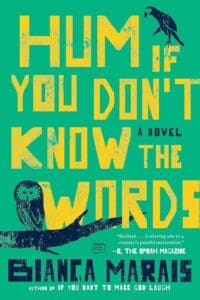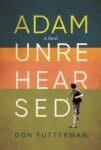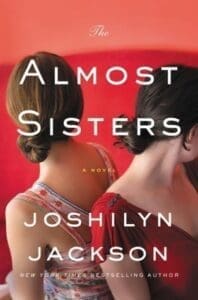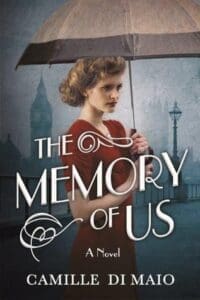
Hum If You Don’t Know The Words by Bianca Marais – 432 pages
Book Blurb:
Life under Apartheid has created a secure future for Robin Conrad, a nine-year-old white girl living with her parents in 1970s Johannesburg. In the same nation but worlds apart, Beauty Mbali, a Xhosa woman in a rural village in the Bantu homeland of the Transkei, struggles to raise her children alone after her husband’s death. Both lives have been built upon the division of race, and their meeting should never have occurred . . . until the Soweto Uprising, in which a protest by black students ignites racial conflict, alters the fault lines on which their society is built, and shatters their worlds when Robin’s parents are left dead and Beauty’s daughter goes missing. After Robin is sent to live with her loving but irresponsible aunt, Beauty is hired to care for Robin while continuing the search for her daughter. In Beauty, Robin finds the security and family that she craves, and the two forge an inextricable bond through their deep personal losses. But Robin knows that if Beauty finds her daughter, Robin could lose her new caretaker forever, so she makes a desperate decision with devastating consequences. Her quest to make amends and find redemption is a journey of self-discovery in which she learns the harsh truths of the society that once promised her protection.
My Review: 5 stars
Hum If You Don’t Know The Words took me to South Africa for a story about love and loss. From sisters, daughters, friends, parents, children, aunts and more, this book has heavy dose of both heartache and tenderness. I’m not overly familiar with details about this country however I know its long history of apartheid and uprisings are aplenty.
The author’s debut novel puts us into the hearts and minds of two very different characters, one a nine-year-old white girl and one an almost fifty-year-old black woman. As different as their skin color is, they are so much a like. Each of them is searching for something and made up of compassion, bravery, kindness and justice. Marais deftly weaves each of their stories together and takes us on an adventure as these two protagonists bear witness to the affects of apartheid on their daily lives.
Thankfully, Robin’s character adds a bit of lightness amidst the darkness, as her mind is truly one of a nine-year-old. She acts without thinking, has no filter and her relationships with Morrie, Edith and Victor were endearing. Her ‘sister’ Cat was a welcome surprise and made so much sense to me. I loved their storyline as well.
Besides the wonderful plot, the writing in this book is rich with description and beauty. Here’s an example: “Night settles swiftly. If you are vigilant, and not prone to distractions, you can almost feel the very moment daylight slips through your fingers and leaves you clutching the inky sap that is the sub-Saharan night.” It’s a bit poetic at times, just gorgeous. Saying much more reveals the plot and I’d hate to give away any spoilers.
Book clubs will devour this book. Can’t wait to read more from Bianca Marais.
Quotes I liked:
Perhaps that is what it means to get old: you must let the young ones sing their own songs.”
-“My entire relationship with my mother and father was built on the faith – the unquestioning, all-consuming, unwavering faith – that they were infallible.”
-“Also books had always helped me make sense of the world and given me answers when I needed them.”
– “I’d decided by then that the best way of coping with the situation was not to dwell on it, because as I saw it, we could either tread water or we could drown.
– “Do you know that Morrie’s been circumscribed? It means a rabbit cut his forefathers off, which means he has no willy. Do you think it will grow back again?”
– “I didn’t know what to say in a world where people were hated and attacked for not being the right color, not speaking the right language, not worshipping the right god or not loving the right people; a world here hatred was the common language, and bricks, the only words.”















